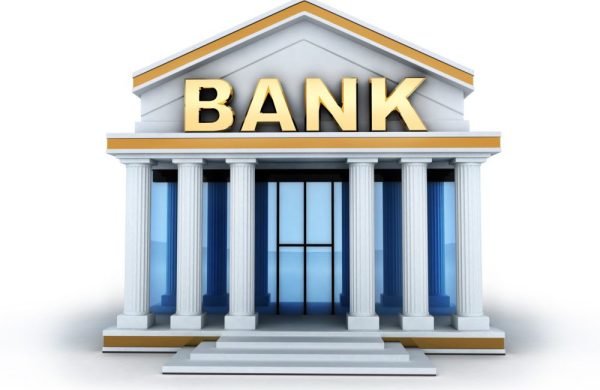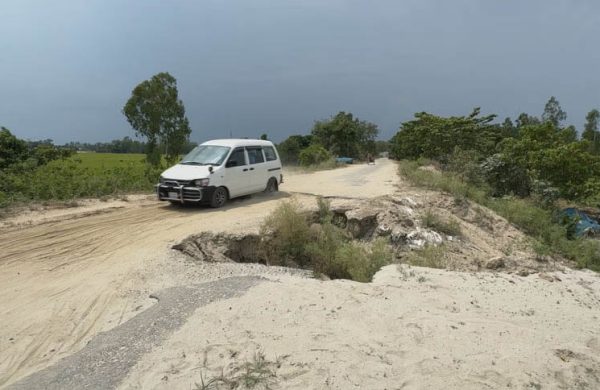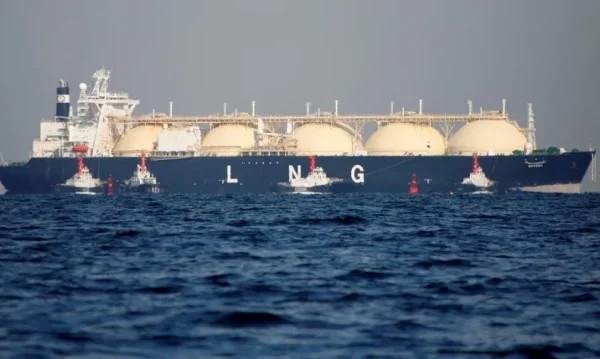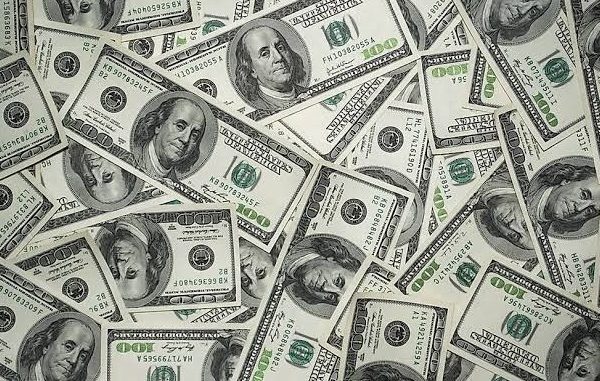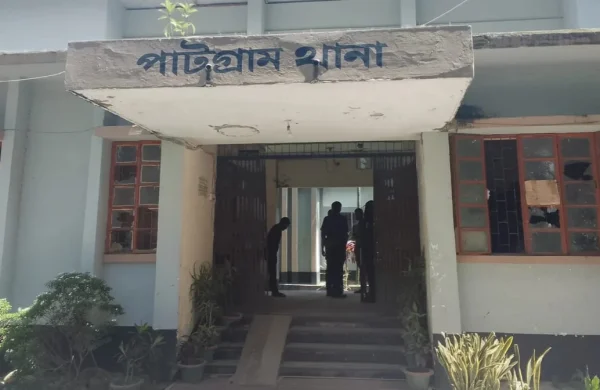Ousted govt leaves debt of at least 1.04L per capita
- Update Time : Friday, August 9, 2024
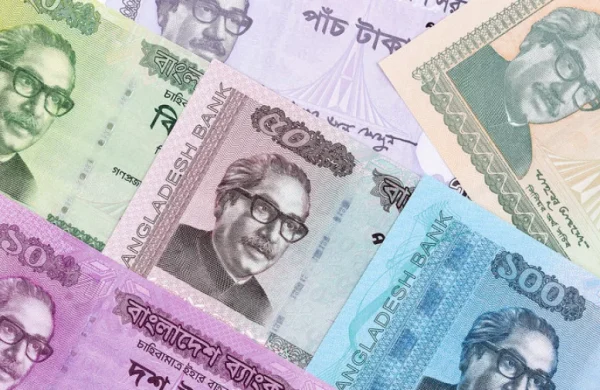
In March 2024, Bangladesh’s domestic and external debt was Tk 854,500.7 cr and Tk 932,000 cr respectively
TDS Desk:
Bangladesh’s domestic and external debt stood at around Tk1,786,500 crore according to data from Bangladesh Bank (BB) statistics, the last calculation during Awami League’s government.
As a result, the per capita debt of the people of Bangladesh stands at Tk104,169.096.
Per capita debt, or net debt per capita, is a metric that measures how much debt a government has per citizen.
However, as per BBS Bangladesh’s total population was 17.15 crore as of January 1, 2024.
In previous times, it was heard from sources at the ousted government and their associates that for the sake of development, the Hasina-led government took loans from foreign sources at an unusual rate in the last decade and a half.
Data also revealed that even in 2010, the government’s foreign debt was only $20.33 billion. By February 2023, the debt status reached $59.21 billion.
According to data from the central bank, the foreign debt status of the government and public institutions increased to $79 billion at the end of March 2024.
So, as per current exchange rate (at the rate of Tk118 per dollar), the government’s external debts shot up to Tk932,000 crore.
On the other hand, government internal or domestic debt rose to Tk400,000 crore in the five years from 2018 to 2022.
At the end of December 2017, the total debt of the government from internal sources was Tk320,000 crore.
At the end of 2022, it exceeded Tk717,000 crore.
As per Bangladesh Bank’s statistics as of March 2024, the government’s internal borrowing reached Tk854,500.7 crore.
IMPACT
Ahsan H Mansur, executive director at the Policy Research Institute (PRI) of Bangladesh, said: “The overall economy of the country is currently facing various challenges including high inflation, exchange rate instability, and reserve crisis. It is not only because of the current unrest, it happened because in the last one and a half decades, the country’s economy and institutional structure deteriorated.”
He criticized the large public expenditure in the proposed fiscal budget but he believed that the country’s debt is still limited.
Economist Wahiduddin Mahmud, former adviser to Bangladesh’s caretaker government, earlier stated that revenue collection targets were not being met due to the lack of effective government reforms.
As a result, the government is compelled to resort to foreign loans and bank borrowing. If this continued, Bangladesh would inevitably fall into a debt trap, he further said.
“An atmosphere of confidence has not been created in the economy. We see an unbridled circulation of black money in the economy and capital is flying out of the country.”
Zahid Hussain, former lead economist of the World Bank’s Dhaka office, said: “Bangladesh Awami League has built some infrastructure like roads, bridges, and the Metro Rail in the last decade and a half. But they also destroyed every institution in Bangladesh.”
“No institution including judiciary, administration, police, Bangladesh Bank, Anti-Corruption Commission (ACC), Election Commission has survived. It will take many years for the country to revive these institutions. It is not possible to put any value on these losses.”
“I think, in order to save Bangladesh and start from the political structure, every institution has to be rebuilt,” he added.



